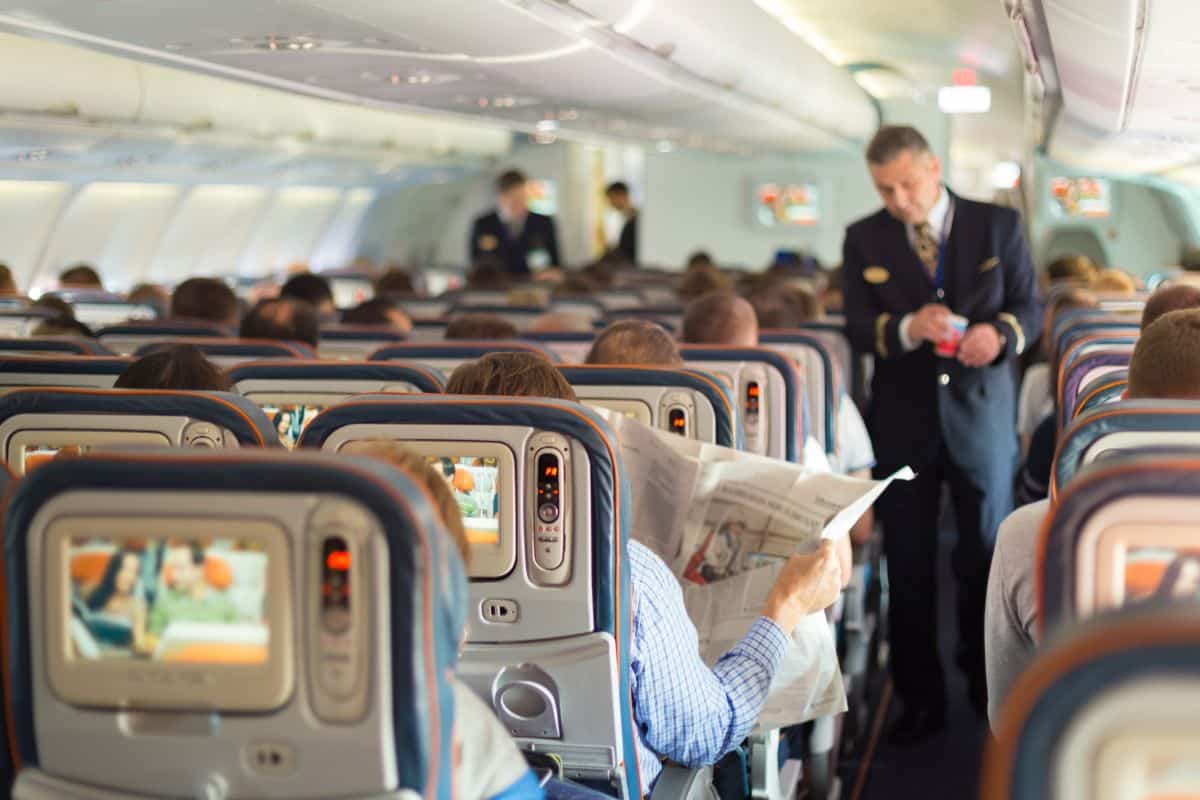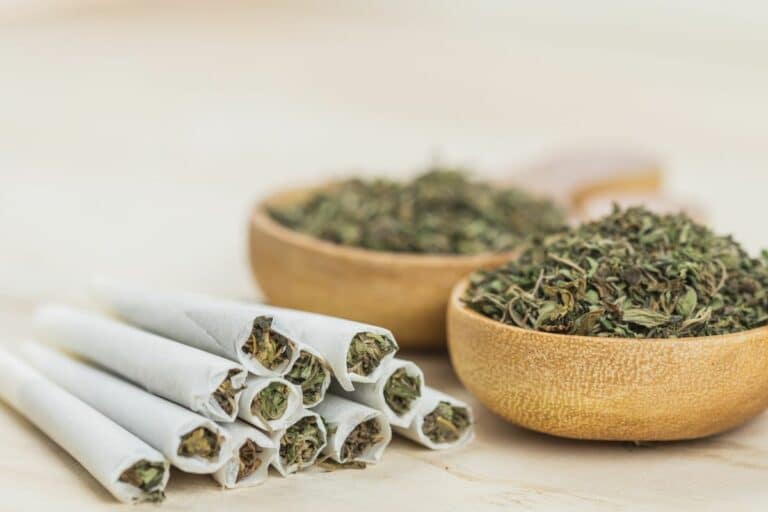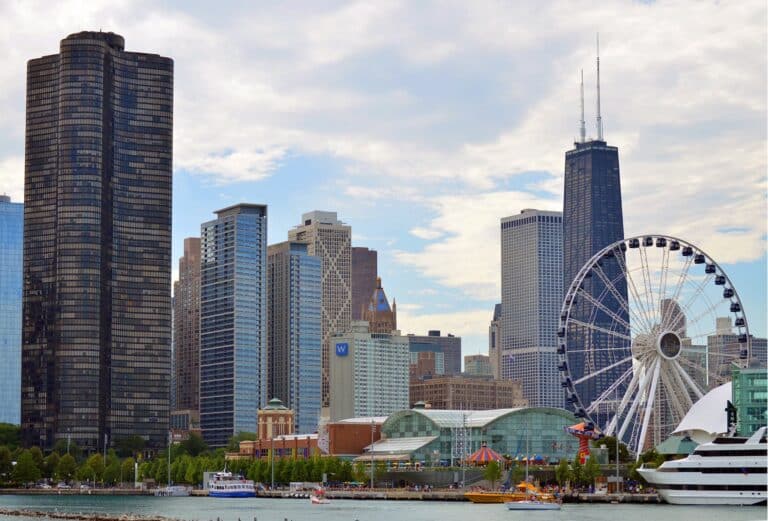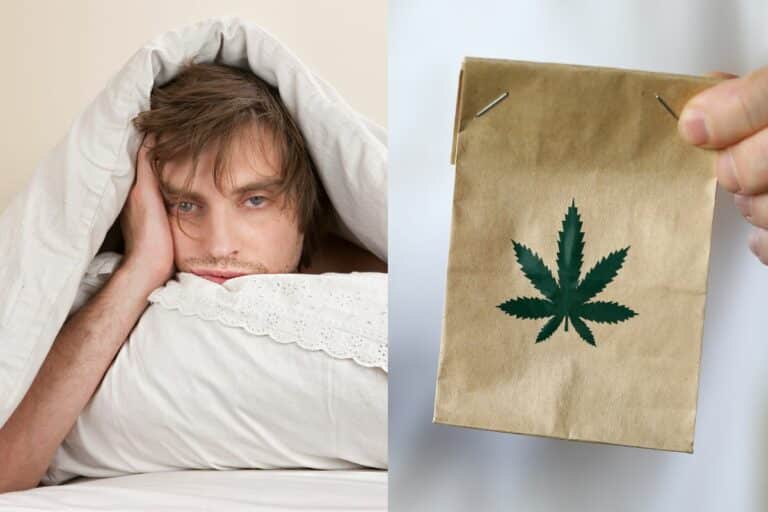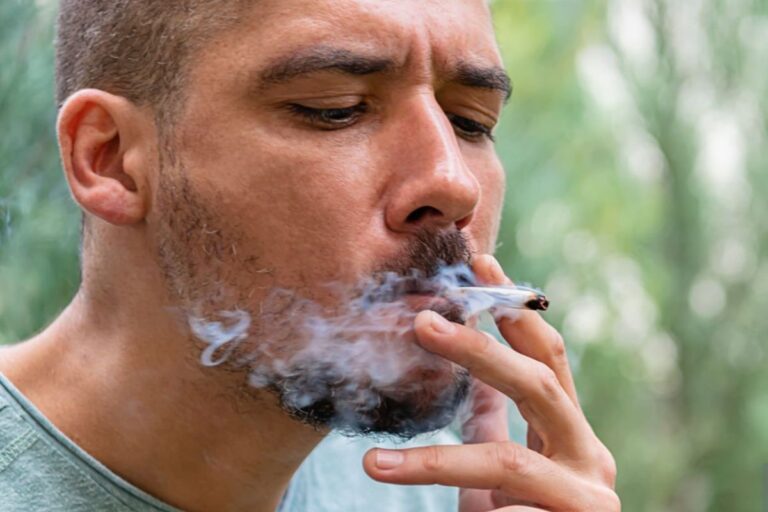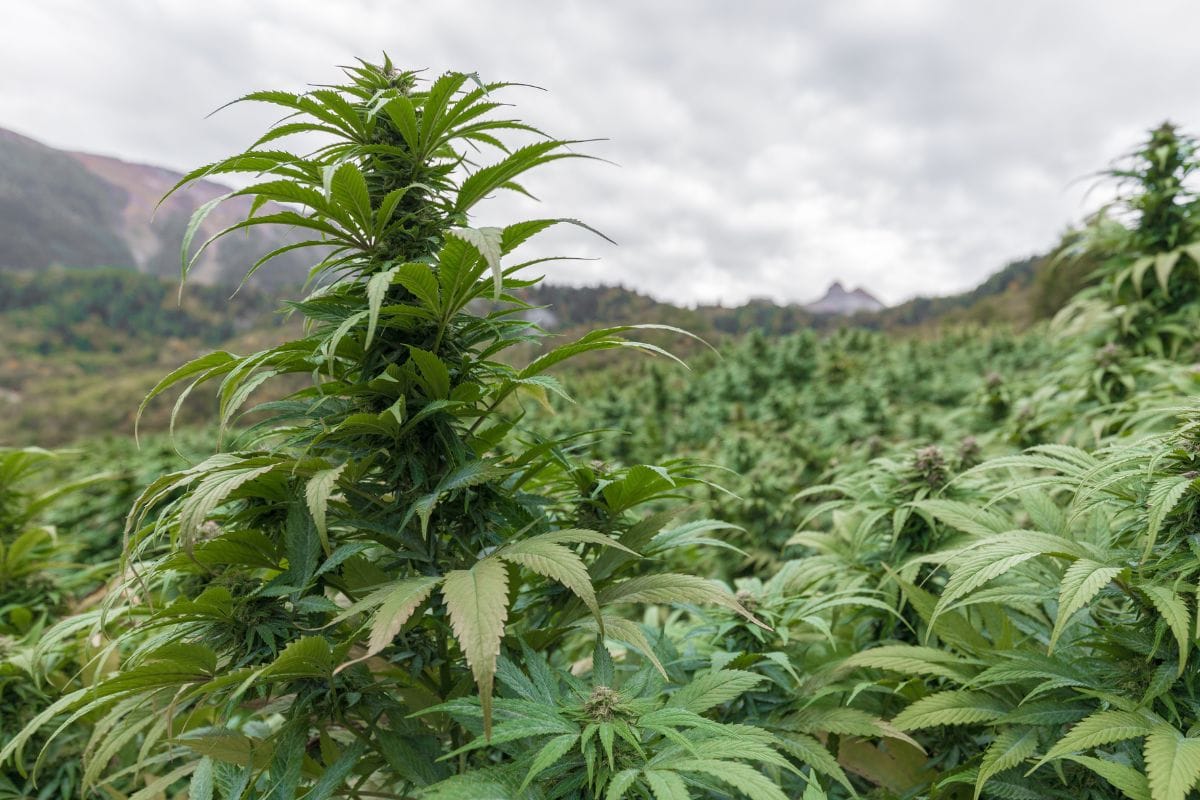Can You Fly with CBD Flower? Important Travel Guidelines
Folks who swear by the health perks of CBD might think about packing some CBD flower for their next trip. With CBD getting more thumbs-ups for its wellness wins, getting the scoop on how to fly with it is a must. It’s all about dodging trouble at security, playing by the rules, and keeping an eye on THC levels. Dive into the world of wandering with CBD flower, where every tip is a step toward hassle-free travels. This piece is a treasure trove for travelers keen on keeping their health game strong, packed with all you need to make your pursuit of well-being a breeze. Why stick around? Because getting the hang of hitting the road with CBD (and staying on the right side of the law!) might just be the game-changer you’ve been hunting for.
While CBD is a non-psychoactive compound derived from the cannabis plant, it’s crucial to note that the legal status of CBD and its products may vary depending on the country or state you are in. Ensuring that the CBD flower you plan to take with you contains only trace amounts of THC (less than 0.3% according to federal guidelines) is vital to avoid possible legal issues during your travel.
Additionally, it is always recommended to research the laws and regulations regarding CBD and cannabis products at your destination and transit countries. Being knowledgeable about these requirements will help guarantee a smooth travel experience and prevent potential complications with airport security.
Understanding CBD Flower
CBD flower, also known as hemp flower or simply hemp, is a type of cannabis plant that contains high levels of cannabidiol (CBD) and low levels of tetrahydrocannabinol (THC). Unlike marijuana, which has a higher concentration of THC, CBD flower typically contains 0.3 percent THC or less, making it non-psychoactive. This means that consumption of CBD flower would not produce the same “high” feeling associated with marijuana.
CBD flower is often consumed in different ways, such as smoking, vaping, or using it as a base for cannabidiol (CBD) oil. Its increasing popularity is mainly due to the various potential benefits that CBD can provide, such as relief from pain, anxiety, and inflammation, among others.
Aside from the differences in THC and CBD concentrations, another key distinction between hemp and marijuana lies in their legal status. In many countries and states, the cultivation, possession, and consumption of hemp-based products, including CBD flower, are allowed as long as they contain no more than 0.3 percent THC. On the other hand, marijuana remains a controlled substance in many jurisdictions despite its growing acceptance for medical and recreational use.
Proper cannabis storage is essential to maintain the potency and flavor of CBD flower. Keeping it in a cool, dark, and airtight container can help preserve its quality and prevent degradation. This is particularly important for those who plan to use the flower for medicinal purposes or as a natural supplement.
Finally, it is worth noting that the use of CBD flower in any form does come with some challenges, especially when flying with CBD flower. As the regulations regarding CBD and hemp products vary depending on the location, it is important to familiarize oneself with the laws in both the departure and destination countries or states. Proper knowledge and compliance can help avoid complications and potential legal issues while traveling with CBD flower.
Federal and State Laws Surrounding CBD
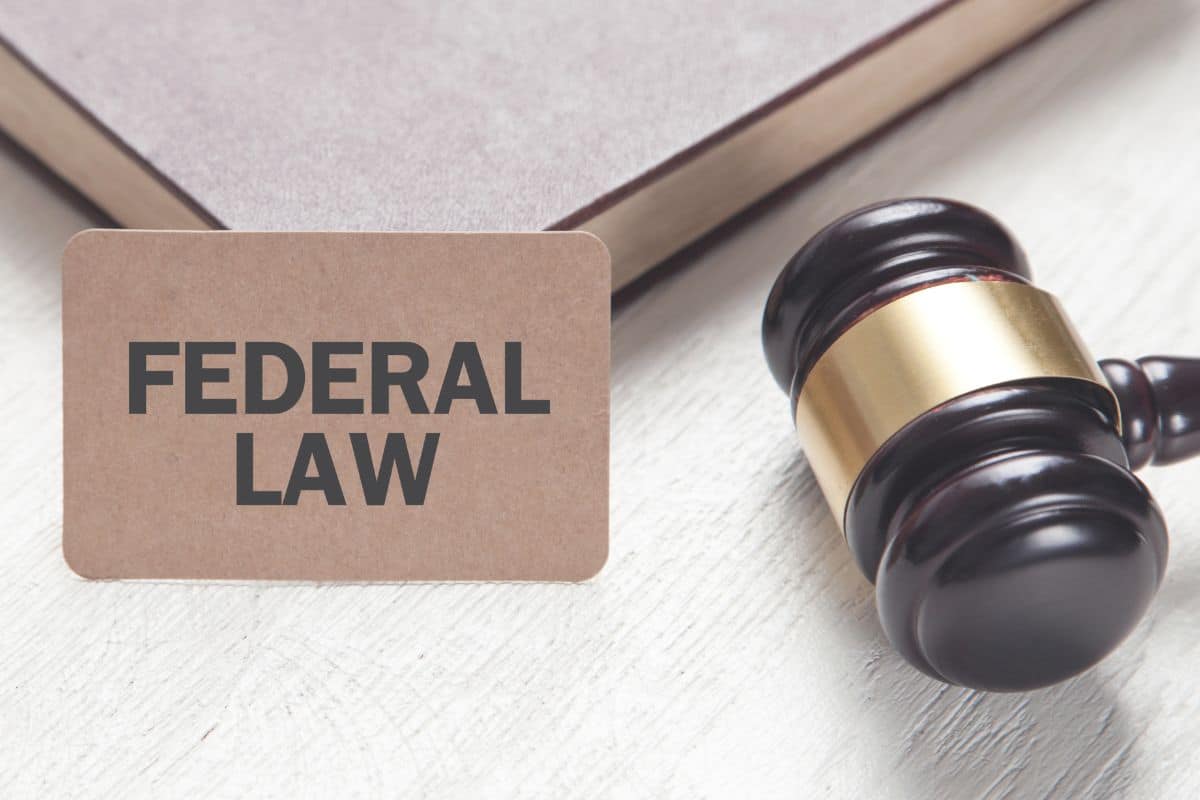
The legality of CBD products in the United States is not a straightforward matter. The 2018 Farm Bill, also known as the Agriculture Improvement Act of 2018, changed the landscape of the CBD industry by removing hemp-derived CBD from the Controlled Substances Act. This made CBD federally legal, as long as it is derived from hemp containing less than 0.3% THC.
However, state laws on CBD can vary, and in some cases, they may contradict federal law. For example, some states have stricter regulations on the THC content of CBD products or only allow the use of CBD for specific medical conditions, while others have a more lenient approach.
When it comes to flying with CBD flower, the laws can be even more confusing. The Transportation Security Administration (TSA) permits the possession of hemp-derived CBD products on flights within the United States under certain conditions. These products must comply with federal law and contain no more than 0.3% THC.
However, possession of CBD products in different states during layovers or after landing can potentially cause legal issues if the product does not comply with the specific state regulations. For example, Texas stealth-banned certain types of THC including Delta-8 THC, which could impact travelers possessing such products.
It is also important to be aware of the regulations surrounding home cultivation of cannabis. In some states, you are allowed to grow your own plants for personal use, whereas others may not permit any form of home cultivation.
In conclusion, travelers should remain cautious when flying with CBD flower, as the legality of possession may differ between federal and state laws. It is advisable to research the specific regulations of the destination state before attempting to fly with CBD products to prevent potential legal complications.
Traveling With CBD: What the TSA Says
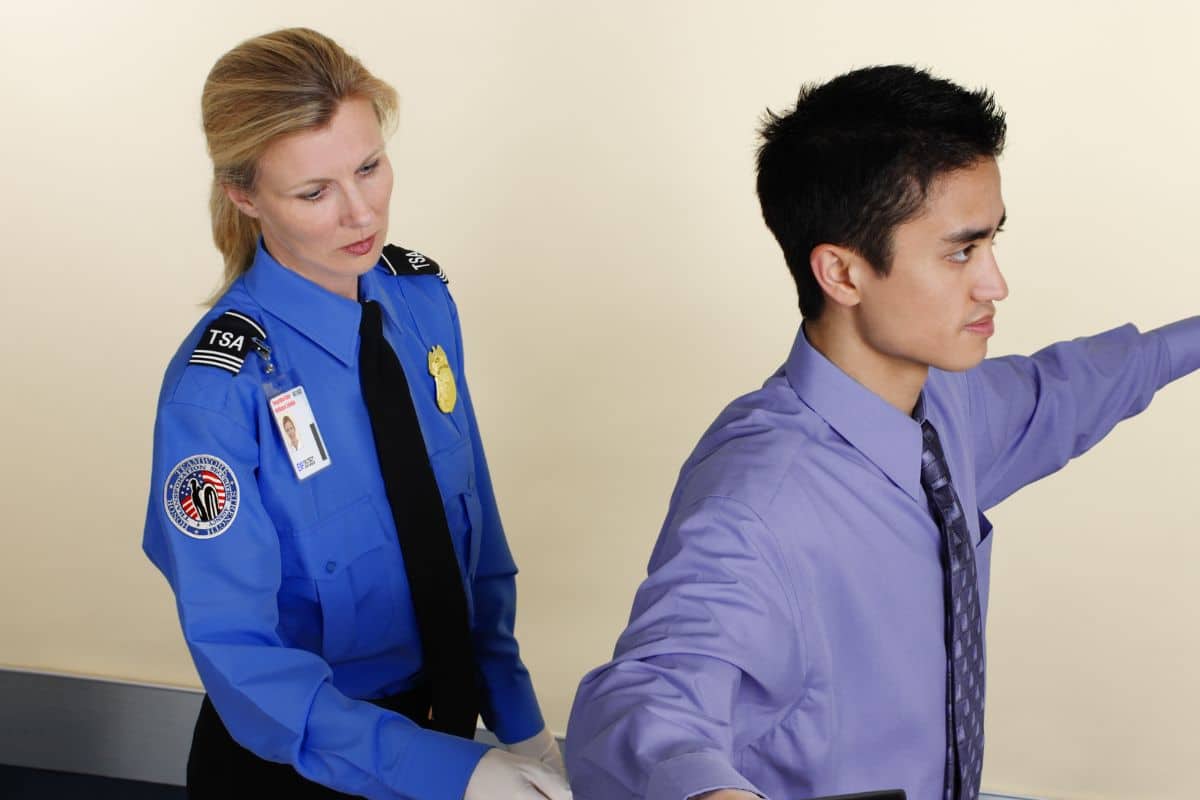
| Travel Mode | Domestic Flights within the U.S. |
|---|---|
| Checked Baggage | Allowed (Less than 0.3% THC)* |
| Carry-on Baggage | Allowed (Less than 0.3% THC)* |
The Transportation Security Administration (TSA) has established specific guidelines when it comes to traveling with CBD products. According to the TSA, officers do not search specifically for marijuana, CBD, or other cannabis products during security screening. Instead, their primary focus is on ensuring passenger safety against threats and prohibited items1.
However, it is still essential to understand the legalities and regulations surrounding CBD products. As a general rule, the TSA follows the guidelines set by the Farm Bill of 2018, which legalized hemp-derived CBD products containing less than 0.3% THC.
Keep in mind that TSA officers are under the authority of federal law, and it is their responsibility to report any violations they encounter at checkpoints. These regulations can vary between states, so it is crucial to familiarize yourself with local laws before traveling with CBD products.
In conclusion, while it is possible to travel with CBD products such as CBD flower, it is essential to adhere to the TSA guidelines and follow state-specific regulations. To ensure a hassle-free experience, make sure that your CBD products comply with the necessary THC limits and carry any necessary documentation to prove their legality. Remember that TSA officers are primarily concerned with passenger safety, not the enforcement of drug laws, so always prioritize security measures when traveling by air.
CBD Products You Can Fly With
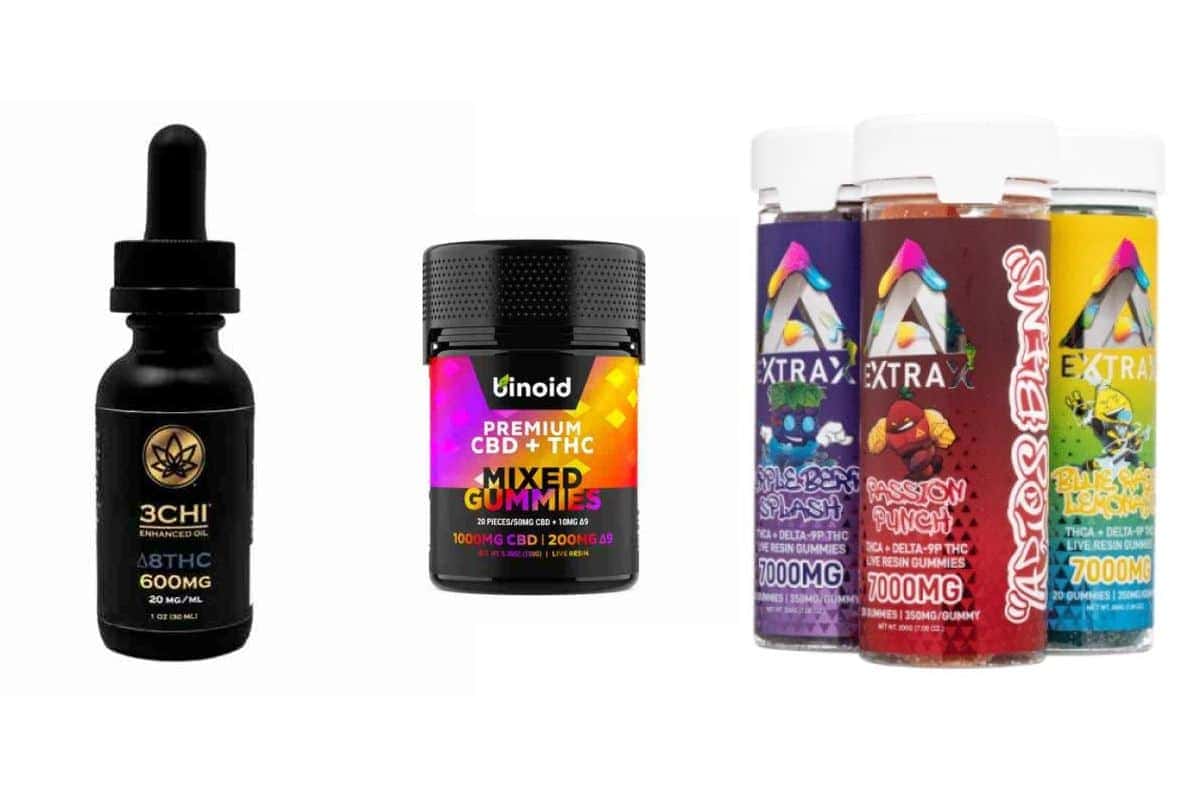
When traveling, it is essential to know which CBD products you can legally bring and use during your trip. Some of the popular options that people often opt for are CBD oil, gummies, tinctures, and edibles, as these typically contain lower levels of THC and thus are less likely to cause any legal or regulatory issues.
CBD oil is a popular choice for carrying on flights because it is easy to transport, typically containing less than 0.3% THC. Most airlines will accept oils if they meet these requirements and are stored in a compliant way in your baggage. It is crucial to check your airline’s specific guidelines before packing CBD oil to ensure compliance.
Gummies are another option for those flying with CBD, as they are discrete and can easily be stored in your carry-on baggage or checked luggage. High-quality Delta-9 gummies are considered for their effects and potency while remaining compliant with the legal THC limit.
Tinctures are another liquid form of CBD that can be brought on board in your carry-on or checked luggage. They usually contain minimal THC and offer a convenient method of consumption. It is essential to ensure that tinctures are stored appropriately according to airline guidelines, especially if carrying them in your carry-on luggage.
Edibles, such as Kush Burst Delta-8 gummies, offer another enjoyable way for travelers to manage their CBD needs. They come in various flavors, making them a delicious and discreet option for consuming CBD while traveling. Ensure that edibles are stored in airtight containers and are clearly labeled to avoid confusion during security checks.
When choosing the right CBD products to fly with, it is crucial to consider each product’s legality and airline’s specific rules. Additionally, thoroughly research all the relevant laws and regulations in your destination to avoid any legal or customs issues upon arrival. Opting for compliant products like CBD oil, gummies, tinctures, and edibles will help ensure a smooth travel experience with minimal disruptions due to regulations.
Understand the Legality of CBD in Your Destination
When flying with CBD flower, it is essential to be aware of the state laws and regulations for both your departure and destination locations. Each state, including California and Texas, has its own unique rules regarding the possession and use of CBD products. Additionally, international travel with CBD flowers may be subject to different rules and regulations.
Certain states such as Idaho, Mississippi, and South Dakota have stricter CBD laws, making it challenging to bring CBD flowers into these states. Additionally, Alabama, Louisiana, and Ohio have specific regulations regarding CBD flowers, so it is critical to research your destination’s legal landscape before traveling.
For example, if planning a trip to New York with a medical condition, you might consider obtaining a medical marijuana card to legally access cannabis products during your stay. However, remember that each state has differing guidelines for medical marijuana cards and their reciprocity.
To ensure a smooth travel experience with CBD flower, take the following steps:
- Research the specific laws and regulations surrounding CBD flowers in your departure and destination states.
- Determine if a medical marijuana card is required or beneficial for legal access to CBD products in your destination.
- For international travel, verify the CBD flower regulations in your destination country and explore potential restrictions on bringing these products across borders.
By understanding the legality of CBD in your destination and being knowledgeable about the relevant laws and regulations, you can confidently and responsibly plan your travel with CBD flowers, ensuring a smooth journey without any legal complications.
Possession and Usage of CBD Flower in Transit
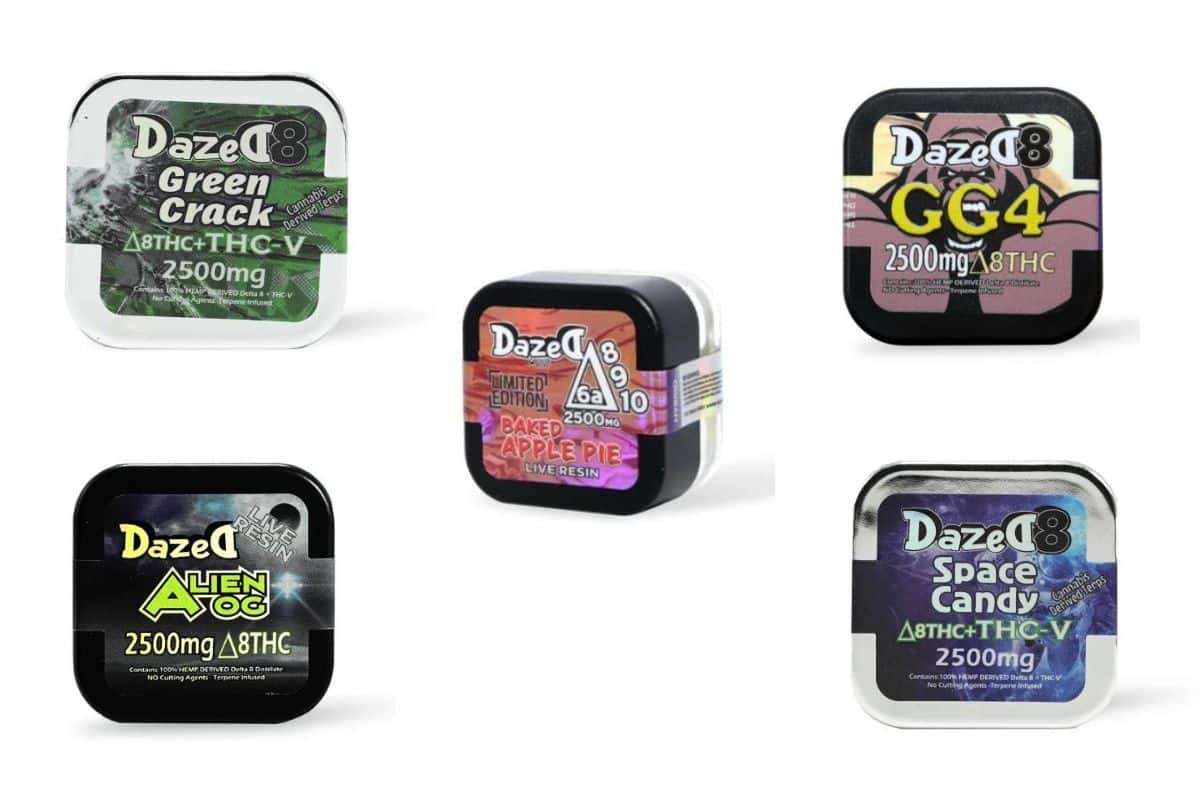
When traveling with CBD flower, possession and usage guidelines may vary depending on the destination and mode of transportation. It is essential for travelers to be aware of the specific rules and regulations concerning CBD flower in transit to avoid confiscation or penalties.
One crucial aspect for passengers to consider is the difference between carrying CBD flower or infused pre-roll, which may have distinct restrictions and treatment by authorities. While some places have strict rules for possession of any form of cannabis, others may allow the use of CBD products with low THC concentrations.
It’s also important to note that while using cannabis products like smoking weed before a tattoo may not be directly related to traveling, understanding how cannabis affects the body is essential when considering usage during transit. Being aware of potential adverse effects can help travelers make informed decisions about the appropriateness of using CBD flower in transit.
In addition, environmental factors may impact the use of cannabis products during travel. For instance, using a dab pen in cold weather could require special care or adjustments in handling and functionality.
To ensure a smooth and hassle-free journey, travelers carrying CBD flower should research and abide by the local laws and regulations at their destination, as well as the guidelines of the transit method being used. Moreover, it’s recommended to consult with professionals or experienced users if unsure about the usage or possession of CBD flower in transit.
Checking the Quality of Your CBD Flower
| Quality Indicator | Description |
|---|---|
| Appearance | Well-trimmed, vibrant colors, no visible mold or pests. |
| Aroma | Pleasant, indicative of terpenes, no musty or moldy smell. |
| Trichome Density | Adequate trichome coverage indicates cannabinoid and terpene content. |
| Moisture Content | Properly dried and cured to avoid mold and mildew. |
| CBD Content | Verified through lab testing, meets label claims. |
| THC Content | Complies with legal limits (below 0.3% THC in the U.S.). |
| Terpene Profile | Contributes to aroma and potential therapeutic effects. |
| Purity | Free from contaminants like pesticides, heavy metals, and solvents. |
| Lab Testing | Third-party lab results available to confirm cannabinoid content and absence of contaminants. |
| Strain Information | Clear indication of strain type and genetics, if relevant. |
| Packaging | Sealed, airtight, and labeled with relevant information (strain, CBD/THC content, etc.). |
| Seller Reputation | From a reputable and transparent source with positive customer reviews. |
When selecting CBD flower, it’s important to ensure its quality and purity. One of the key factors to consider is obtaining a Certificate of Analysis (COA) that provides detailed information about the chemical composition of the product. A COA verifies the levels of cannabinoids, such as CBD and THC, as well as the presence of any contaminants like pesticides or heavy metals. This document is crucial for confirming the safety, legality, and overall quality of the CBD flower.
In addition to the COA, assessing the quality of CBD flower can also depend on its flavor and aroma. A high-quality CBD flower will typically have a rich and diverse terpene profile, contributing to the overall taste and smell. Paying attention to the Eighty Six Delta 8 Cart Review, you can find helpful insights from customers about the flavor and quality of different strains.
Physical appearance can also be an indicator of quality. Healthy CBD flower should be well-trimmed, with a dense bud structure, vibrant color, and no signs of mold or damage. Furthermore, CBD flower should be properly cured and stored to preserve its potency and flavor.
In summary, verifying the quality of CBD flower is crucial for ensuring a safe, effective, and enjoyable experience. By obtaining a COA, examining the physical appearance, and evaluating the flavor, you can make a confident and informed decision when selecting and using CBD flower products.
Dispensaries and Acquisition of CBD Flower
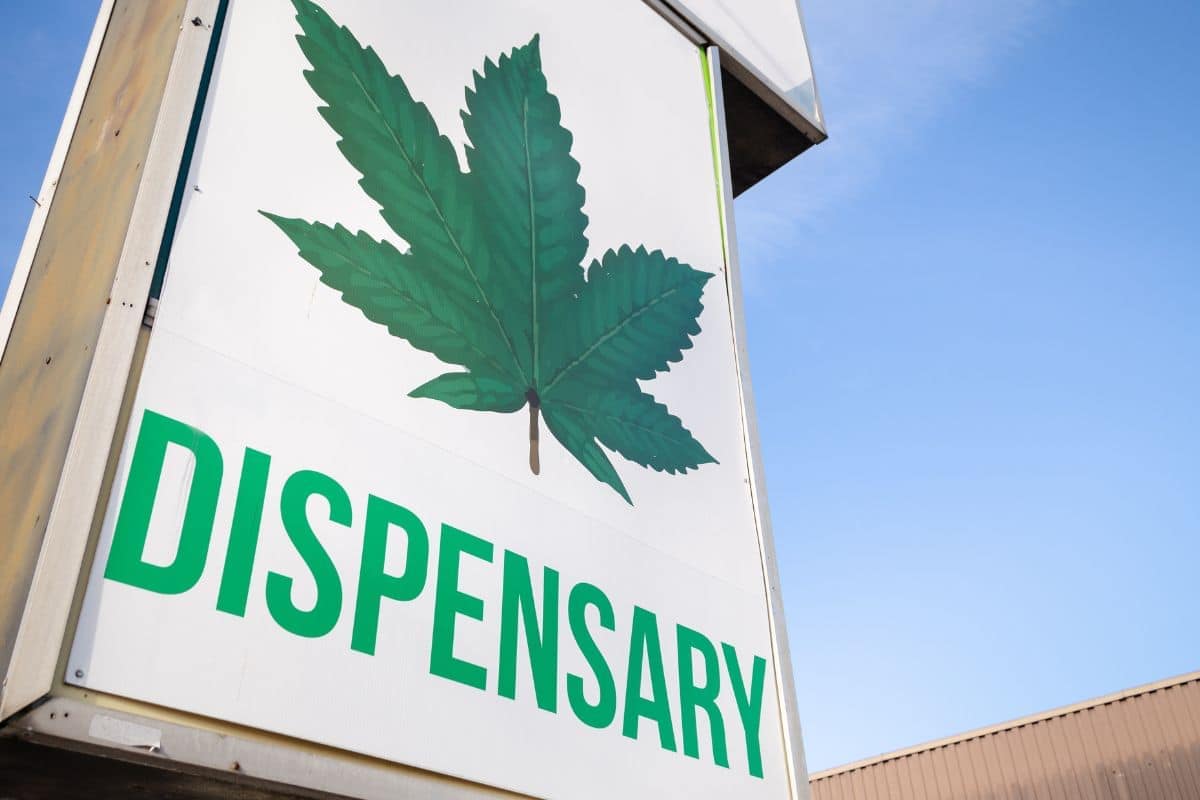
When it comes to the acquisition of CBD flower, dispensaries play a crucial role in providing access to a variety of CBD products for customers. These establishments, operating under state-level regulations, ensure the sale and purchase of high-quality CBD flower in various formats.
One important aspect to consider when visiting a dispensary is the age requirement. In some states, the minimum age to enter a dispensary and purchase CBD flower is 18 years1. To avoid any issues, it is essential to familiarize oneself with the local regulations on age restrictions before visiting a dispensary.
CBD flower products are often derived from the hemp plant, which contains less than 0.3% of THC, the psychoactive compound found in marijuana. This means that these products generally do not produce the “high” typically associated with cannabis. Instead, CBD flower and other CBD products offer therapeutic benefits, such as relief from stress, anxiety, and chronic pain.
Dispensaries carry a wide range of CBD flower options, making it easy for individuals to find the product that best matches their needs and preferences. Available in various forms, such as pre-rolled joints, loose buds, and concentrates, CBD flower can be consumed through smoking, vaporizing, or even as an ingredient in edibles.
When purchasing CBD flower at a dispensary, customers should pay attention to product labels, lab testing results, and potency levels. This information will provide valuable insight into the quality, safety, and potential efficacy of the product. Additionally, consulting with knowledgeable staff members at the dispensary can help in making an informed decision.
In conclusion, dispensaries serve as a primary source for acquiring CBD flower and other CBD products. By adhering to age restrictions and local regulations, understanding various product offerings, and seeking guidance from knowledgeable professionals, customers can ensure a safe and satisfying experience.
Conclusion
The legality of flying with CBD flower largely depends on the destination and the specific regulations that govern the use and possession of CBD products in that location. In some countries, CBD is considered legal, while in others, it may be outright prohibited. It is essential for travelers to research and understand the laws in their destination before carrying CBD flower while traveling.
When it comes to security checks at airports, authorities are generally more concerned about illicit substances and potential threats to aviation safety. However, this does not mean that travelers can freely carry CBD flower without facing any scrutiny. Depending on the airport and the country, CBD products may be subjected to security checks, which could result in fines, confiscations, or even legal actions.
In conclusion, individuals planning to travel with CBD flower should exercise caution and be aware of the specific regulations in their destination. It is always advisable to consult with legal counsel or local authorities for the most accurate and up-to-date information on CBD regulations in a specific location. By being informed and prepared, travelers can avoid potential legal issues and ensure a hassle-free journey.
Frequently Asked Questions
Can I travel with CBD flower on a plane?
It is generally allowed to travel with CBD flower on a plane within the United States, as long as the product contains less than 0.3% THC and is derived from hemp. However, traveling with CBD flower might still be risky due to the discretion of TSA agents and the potential for confusion with illegal cannabis products. According to Merry Jane’s The CBD Solution: Wellness, you might not want to risk flying with CBD.
Is TSA concerned about CBD products?
The main concern of TSA agents is to ensure the safety and security of air travel. As a result, their primary focus is not on the legality of CBD products. Nonetheless, if a TSA agent encounters a CBD product, they may report it to local law enforcement if they suspect it contains illegal amounts of THC.
Are Delta 9 flowers allowed during flights?
Delta 9 flowers, also known as marijuana or cannabis, are not allowed on flights due to their psychoactive THC content. It is essential to distinguish between Delta 9 flowers and CBD flowers, as the latter are allowed on flights as long as they meet the legal requirements regarding THC content and origin.
Are CBD cartridges legal to bring on planes?
CBD cartridges, similar to CBD flowers, are allowed during air travel as long as they contain less than 0.3% THC and are derived from hemp. However, you must also adhere to TSA guidelines for traveling with e-cigarettes and vape pens, which should be packed in your carry-on luggage.
Are there any restrictions for CBD products on international flights?
Taking CBD products on international flights can be more complicated due to the differing laws and regulations in other countries. It is essential to research the legal status of CBD in your destination country before flying with it. In some cases, you may need to obtain special permits or risk facing legal consequences upon arrival.
What is the recommended way to pack CBD flower for air travel?
When packing CBD flower for air travel, make sure it is in a clear, labeled container indicating the product’s cannabinoid content, specifically its compliance with the 0.3% THC limit. Having relevant documentation, such as lab results or certificates of analysis, can also be helpful. You should pack CBD flower in your checked luggage or comply with carry-on baggage regulations if carrying a small amount.
Footnotes
https://www.tsa.gov/travel/security-screening/whatcanibring/items/medical-marijuana ↩ ↩2

